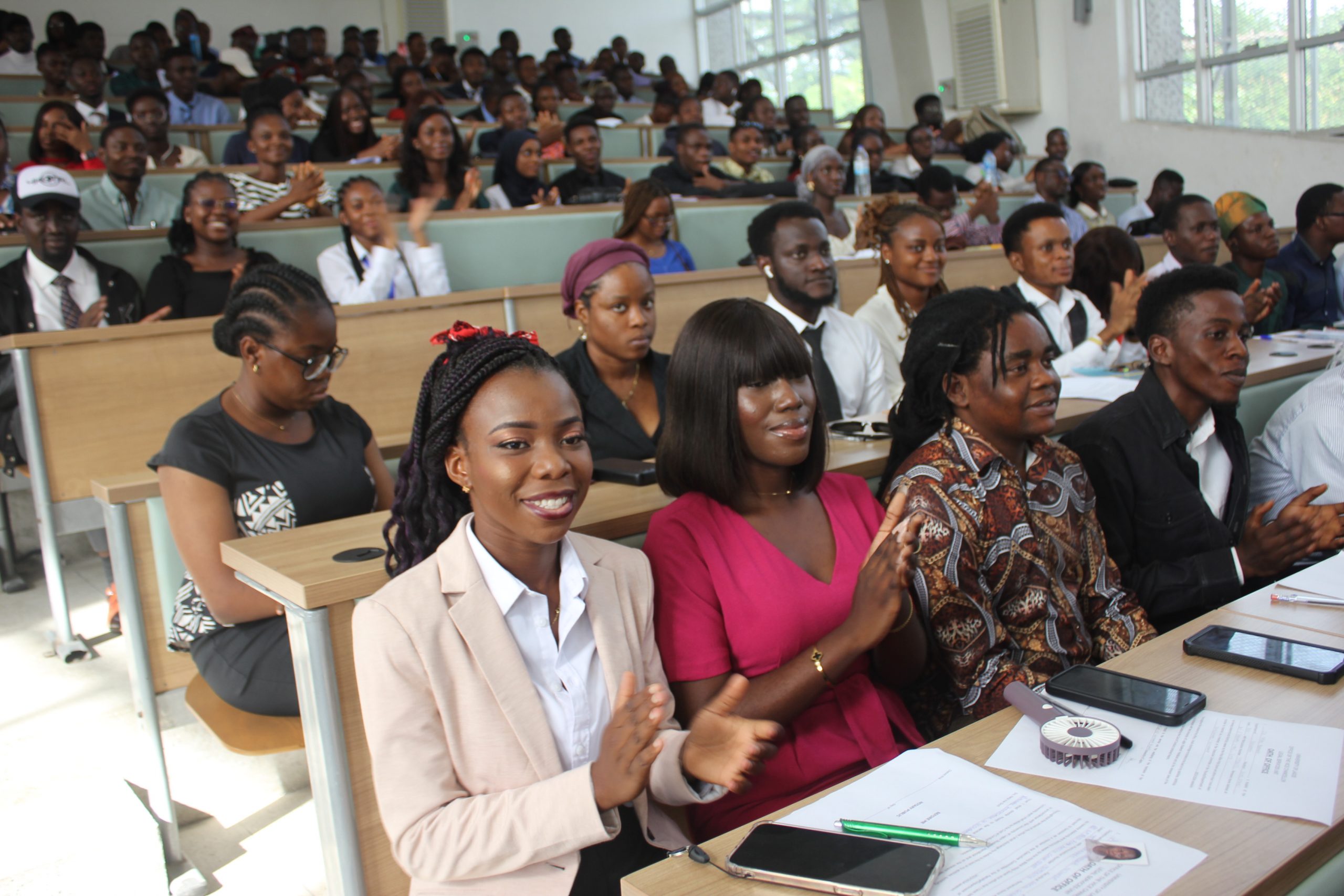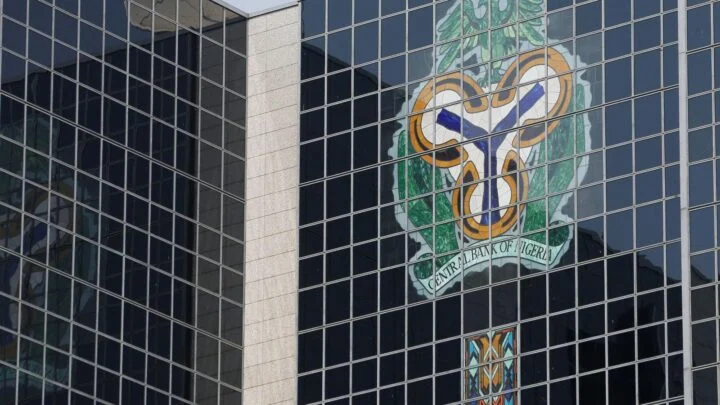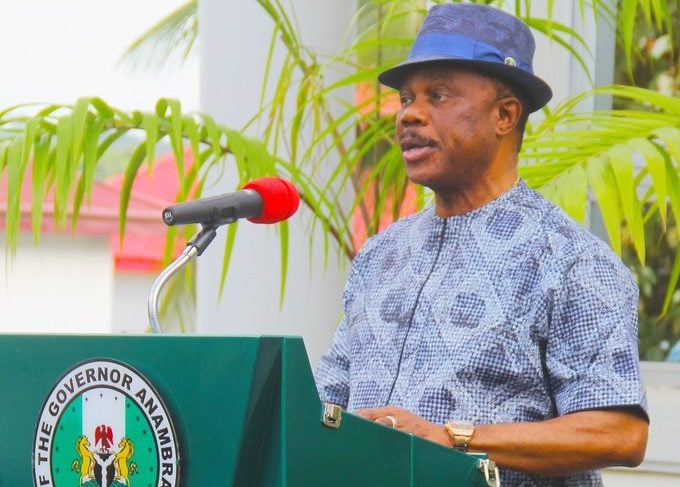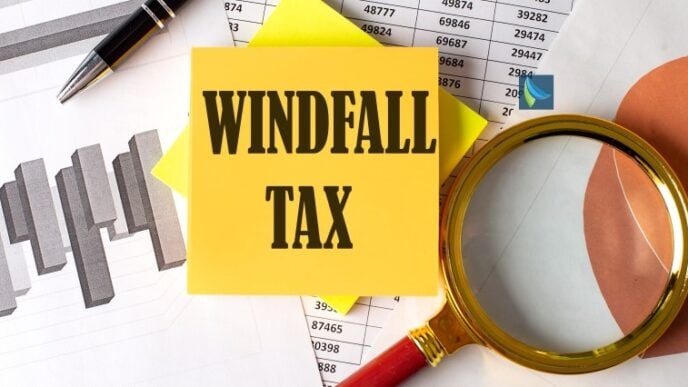Tertiary school students in a lecture hall | File photo
BY OLADIGBOLU TAOFEEK
The student loan scheme marks a turning point for higher education in Nigeria. The scheme, which the Bola Tinubu-led administration implemented, grants interest-free loans to indigent Nigerians for the payment of their fees. On Friday, the scheme kickstarted with the disbursement of N2.5 billion to over 22,000 students across six federal universities in the country. The Access to Higher Education Act, which gives a legal framework for the operation of the scheme, was signed into law on Wednesday, April 5, by President Bola Tinubu.
Tinubu said the law would make “higher education accessible to all Nigerians” and assured that no Nigerian student would be forced out of school due to financial constraints. The implementation of the law is in fulfilment of the president’s campaign promise of preventing dropouts in higher institutions and making higher education accessible to all Nigerians, regardless of their background.
However, the legislation contradicts the promises and visions of the president.
The federal government asserted that the law would make higher education more accessible, but the first consequence of the act proves the contrary. Section 13 of the act introduced tuition fees, which instantly spiked the charges payable in higher institutions by over 350 percent. Higher institutions across the country introduced new fees and hiked existing ones. The pandemic effect of the provision immediately worsens the problem of accessibility rather than solving it, putting a financial burden on students and making higher education inaccessible to average Nigerians.
Advertisement
Professor Emmanuel Osodeke, president of the Academic Staff Universities Union (ASUU), has warned that the exorbitant hike has forced many Nigerian students out of school. During the 2023 session, over 2,560 students withdrew from the University of Guasu due to fee hikes, with many unrecorded dropouts across other Nigerian higher institutions. Having paid exorbitant fees in the last session and now having to pay more than a 1000 percent increment, many students failed to resume for the 2024 session. Reports from students’ associations across tertiary institutions in the country indicate that most returning students do not return for the new session. Not just the stale students, but many freshmen could not commence their studies due to the inflated fees. They simply gave up their admission due to extortionate admission fees, which have increased by over 50 percent.
Of course, the scheme is a plausible step to address the issue of dropouts, but as it stands, it can merely scrape off the surface of the problem escalated by the Students’ Loan Act. The scheme cannot finance a minimum of 20 percent of Nigerian students’ institutional fees, considering the amount of school fees, the number of Nigerian students, and the scheme funding. Moreover, contrary to their promise, the scheme was not made to accommodate all Nigerian students. From the very start, the government only intend to make loans available to government institution students. Consequentially, it was intended to save a few of the selected students.
Section 23 of the Access to Higher Education Act excludes students in private and state institutions benefiting from the scheme. However, towards the closure of the first batch of applications, the loan was extended to students in state-owned institutions. Not only is the section unconstitutional and unjust by precluding a certain set of Nigerian students, but it also contradicts the very essence of the scheme–making higher education accessible to all Nigerians. The number of students who are excluded from the loan scheme due to the private ownership of their institutions is not, however, excluded from the brunt of section 13.
Advertisement
However, the government does not care about the effects of the hike on them. Afe Babalola, the founder of Afe Babalola University, recently said “students of private universities are not immune from the harsh economic realities of Nigeria”, emphasising that many students of private institutions and their sponsors have to borrow monies to finance their studies.
Isiaka Gboyega, chairman of the house of representatives committee on tertiary education, argued that “the need for a loan of this scheme is probably minimal” in private institutions. Sure, they are financially buoyant to attend a private college, but are these students not Nigerians? Does the notion of ‘higher education for all Nigerians’ imply education for just students of government-owned institutions?
Aside from students in private schools, the National Open University of Nigeria (NOUN) students are ineligible for the loan due to its requirements. Among the requirements for the loan registration is the Joint Admission and Matriculation Examination (JAMB) number, which NOUN students do not have because they do not gain admission through JAMB. Due to the requirement, over 510,000 NOUN students may not benefit from the scheme.
If nothing is done about the exclusion clause and requirement sooner rather than later, some students in these institutions may be forced to withdraw from their studies. They are among the Nigerians the Tinubu administration promised accessible education; they should, therefore, benefit from the loan scheme.
Advertisement
It may be too early to criticise the scheme, but going by the failure of similar student loan schemes in the country and other African nations, the initiative may cause more problems than solutions. Ghana and South Africa have been unable to sustain their loan schemes; they are unable to offer loans to thousands of students in the 2024 session. On April 4, the South African government dissolved the National Students Financial Aids Board due to gross mismanagement. And the United States students’ loan debt has mounted to over $1.77 trillion.
For now, the loan scheme seems to be well funded and managed, but given the mismanagement nature of Nigeria, unemployment, and corruption, its operation and sustainability over time are questionable. The risk is that if the scheme fails over time, a great number of students will be forced out of school. Higher education, rather than being accessible to all Nigerians, will become a privilege for the affluent and a daydream for average Nigerians.
Taofeek, is a Nigerian journalist, fact-checker, and human rights Activist. A graduate of Physics Education from the University of Ibadan, Ibadan.
Advertisement
Views expressed by contributors are strictly personal and not of TheCable.









